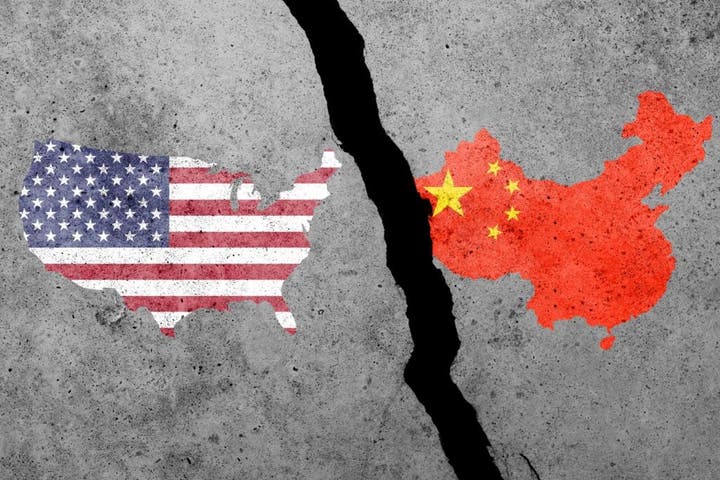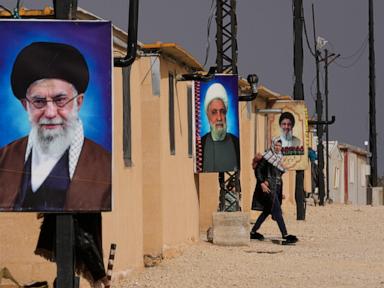
During multilateral defense talks in Kuala Lumpur on Saturday, Pentagon Chief Pete Hegseth condemned China’s escalating “destabilizing actions” in the South China Sea. Speaking alongside defense ministers from the Association of Southeast Asian Nations (ASEAN) and representatives from Australia and Japan, Hegseth pledged U.S. technological support aimed at bolstering the capabilities of Southeast Asian nations in countering perceived Chinese threats.
Hegseth, a former Army National Guard officer, highlighted the pressing security challenges posed by China’s activities in the region. “You see firsthand the threats we all face from China’s aggression in the South China Sea and beyond,” he stated, emphasizing the importance of collaboration among allies to address these concerns.
U.S. Technology Sharing Initiative
The Pentagon chief stressed the need for developing shared maritime monitoring capabilities and collaborative response systems. He asserted that no other country can innovate and scale technological solutions like the United States, expressing eagerness to share these capabilities with regional partners. His remarks underscore a broader strategy aimed at ensuring that nations facing aggression do not have to stand alone.
China’s assertion of sovereignty over much of the South China Sea, which overlaps with the exclusive economic zones of multiple Southeast Asian nations, continues to fuel tensions. Chinese coast guard vessels have reportedly engaged in confrontations with Philippine ships and have been accused of obstructing energy exploration efforts in Malaysia and Vietnam. Despite these claims, Beijing maintains that its coast guard operates professionally and has denied allegations of aggressive behavior.
Last year, Chinese authorities urged Washington to refrain from what they termed “dangerous and destabilizing actions” in the region. On Friday, Dong Jun, China’s defense minister, called for enhanced cooperation between China and ASEAN to “pool Eastern strength” for the sake of peace and stability.
Nuclear Testing and Regional Stability
Hegseth’s visit coincided with comments made by former President Donald Trump, who announced via Truth Social that he had directed the U.S. military to resume nuclear weapons testing after a hiatus of 33 years. When questioned by CNBC reporters about the specifics of this testing, Hegseth stated that the Pentagon would provide details later. He asserted, “We have very capable nuclear capabilities, and testing them is only prudent.”
Additionally, Hegseth announced the signing of a ten-year U.S.-India Defense Framework with Indian Defense Minister Rajnath Singh. He described this framework as a cornerstone for regional stability and deterrence. Throughout discussions with ASEAN counterparts, Hegseth reiterated the U.S. commitment to peace, while emphasizing the necessity of countering any attempts by China to dominate the region.
The ongoing discussions reflect a complex geopolitical landscape where alliances and military readiness are increasingly critical in addressing regional conflicts and ensuring stability. As the U.S. seeks to reinforce its partnerships in Southeast Asia, the response to China’s actions remains a pivotal focus for defense officials in the region.







